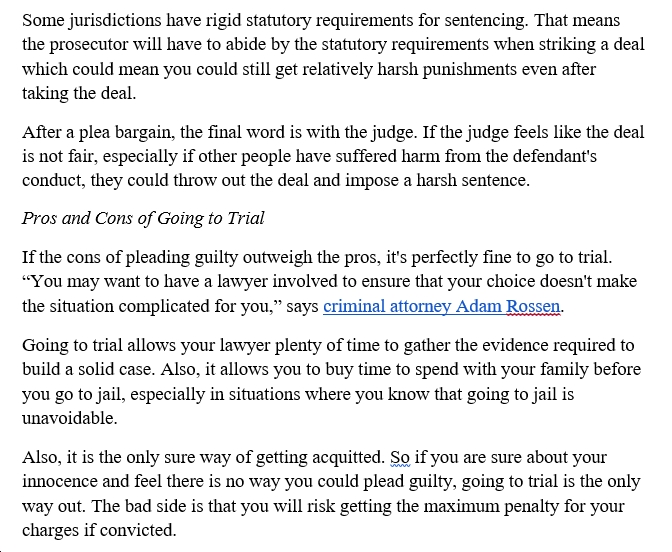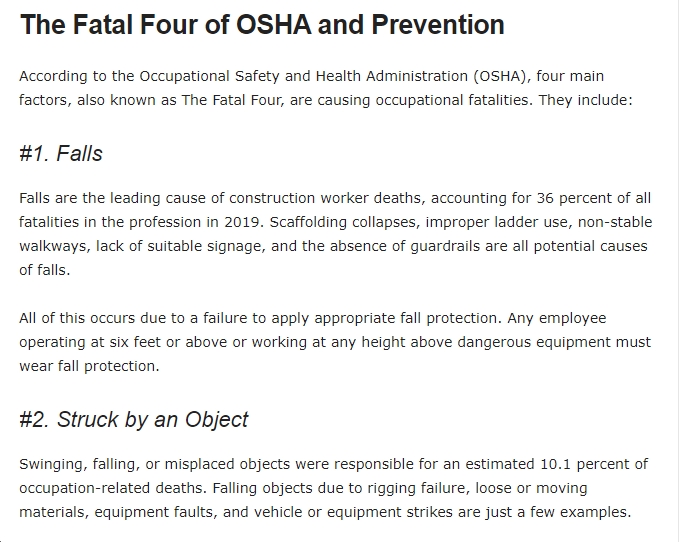SPONSORED CONTENT
The American Bar Association’s House of Delegates rejected a resolution to endorse the affirmative consent standard for determining criminal culpability for sexual assault. The conclusion the ABA came to was the right one. Consent is the concept that lies at the crux of sexual assault accusations. The idea is simple: When two parties engage in sexual activity both must agree to it. The proposed change to an affirmative consent standard threatens to eliminate due process.
Under the proposed change to an affirmative consent standard, a sexual encounter would be deemed to be an assault unless each participant agreed to each sexual act.
The key problem to the proposed resolution is that it also requires that those accused of sexual assault to prove that they obtained that consent, which unconstitutionally eliminates the prosecution’s burden of proof in criminal cases. It would essentially mean that anyone engaging in sexual activity would have to stop to have statements signed or recorded just to provide proof of consent in the event that one of them accused the other of assault. Affirmative consent is a rule many colleges abide by, but it is a dangerous concept to incorporate into a criminal statute.
When prosecutors bring a criminal case, the burden of proof is on them to prove that the defendant is guilty beyond a reasonable doubt. Affirmative consent, however, requires the defendant to instead prove that they are not guilty.
“The concept of affirmative consent is dangerous, and it’s amazing that the proposal could gain any support at all,” says criminal defense attorney David Benowitz of Price Benowitz LLP. “It essentially goes against the backbone of America’s justice system, which is that the burden of proof lies with the prosecution in a criminal case.”
The American Bar Association recognizes the enormous problems with this concept and made the right decision in rejecting this proposed standard.
















